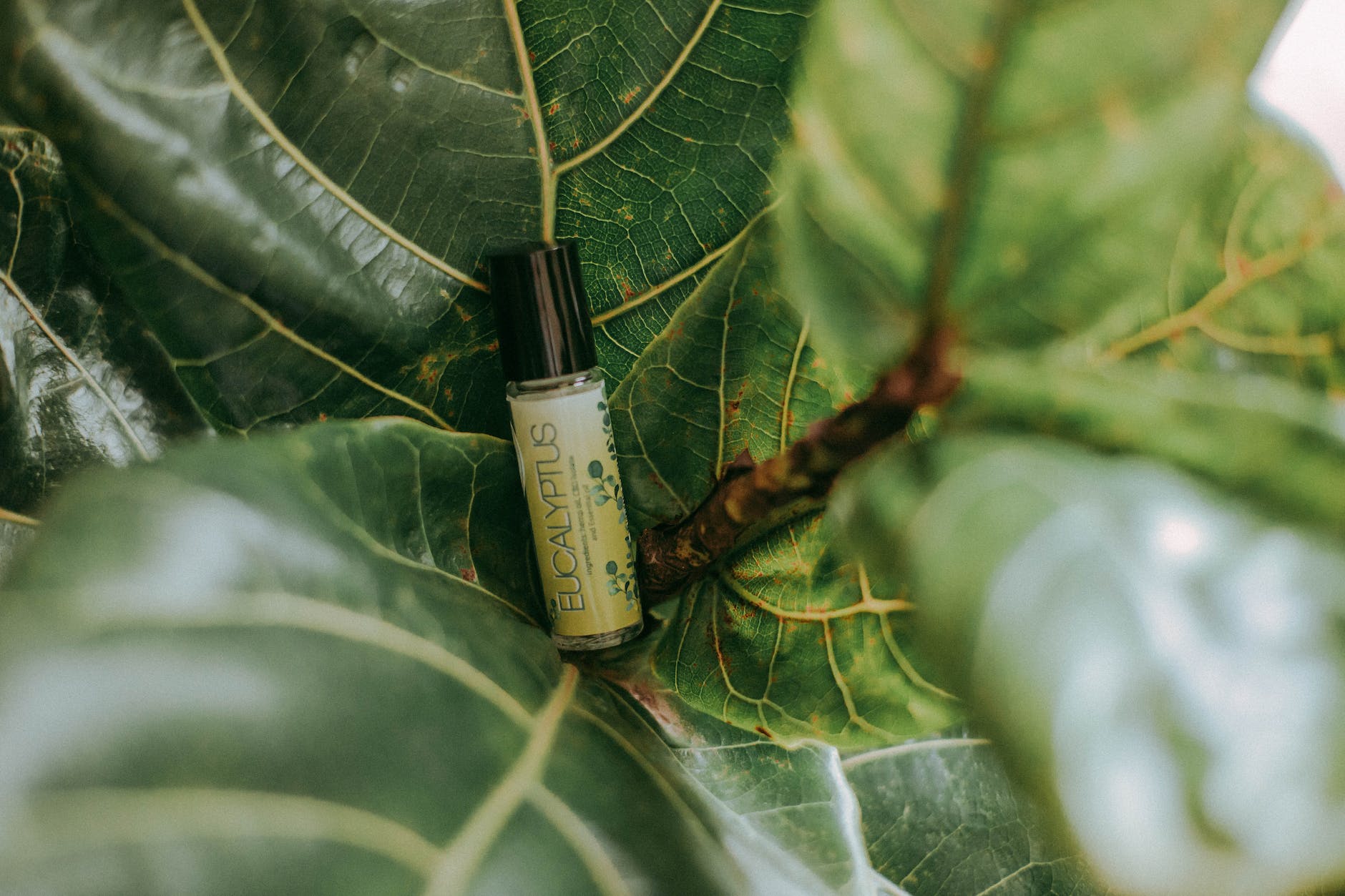Unfolding the Slumber Secret: How CBD Can Improve Sleep Quality

There is a rising wave of interest in natural alternatives for managing various health issues. One such alternative is Cannabidiol (CBD), a non-psychoactive compound found in cannabis. It has garnered significant attention due to its potential therapeutic benefits, one of which includes its potential as a sleep enhancer. Here’s how CBD helps improve sleep quality.
One of the common sleep disorders is insomnia, and taking CBD for insomnia is becoming gradually accepted as a viable treatment option. It does not merely act as a sedative but aims to regulate sleep patterns by addressing the root causes of insomnia, such as anxiety and pain. A research study indicated that 66.7% of the patients reported an improvement in sleep within the first month of using CBD.
The benefits of CBD for sleep are indeed quite extensive. A 2019 study in Permanente Journal suggested that using CBD oil for better sleep could be extremely beneficial. 70% of the study participants experienced a decrease in anxiety, which indirectly helped improve their sleep quality.
CBD and sleep disorders may be relatively new research fields, but the results so far are promising. The administration of CBD has the potential to help with various sleep disorders, like sleep apnea, insomnia, REM sleep behavior disorder, and excessive daytime sleepiness. It’s crucial to remember each individual’s experience differs, and consulting a health professional before starting any new regimen is advised.
In looking for the best way to incorporate this natural supplement into your bedtime routine, a variety of options are available, which includes CBD capsules for sleep, oils, tinctures, and even edibles. CBD oil tends to act faster, as it is directly absorbed into the bloodstream under the tongue, but capsules offer a more convenient solution for those that may not like the taste of CBD oil.
Correct CBD dosage for sleep is vital in maximizing its benefits, but it can vary from person to person. Factors such as body weight, metabolism, and specific sleep issues play a significant role in determining the right dosage. Starting with a low dose and gradually increasing it until the desired effect is achieved is often recommended by health professionals.
Sleep apnea, a condition where breathing stops intermittently during sleep resulting in poor sleep quality and possible impacts on overall health, is becoming a common issue. CBD for sleep apnea is gaining recognition due to its ability to interact with serotonin receptors in the brain, which are known to influence our sleep-wake cycle.
Another disorder that interrupts sleep quality is Restless Leg Syndrome (RLS), a condition characterized by an uncontrollable urge to move the legs. Emerging studies suggest that CBD for restless leg syndrome could potentially alleviate the symptoms by targeting and reducing nerve-related pain.
Additionally, CBD tinctures for sleep are becoming very popular. A tincture is typically a highly concentrated form of CBD that is taken sublingually (under the tongue) and provides a quicker method of absorption compared to capsules or edibles.
If taking CBD directly doesn’t suit your fancy, there are many CBD infused sleep aids available on the market – from teas and honey sticks to bath bombs. These options combine the power of CBD with other natural sleep-promoting ingredients like lavender, chamomile, and melatonin, offering a more harmonious route to dreamland.
In conclusion, CBD appears to hold considerable potential for those struggling with sleep issues. From insomnia and sleep apnea to restless leg syndrome, this natural compound could become a cornerstone of sleep hygiene routines. Whether you pick capsules, oil, or CBD-infused sleep aids, remember to consider your unique needs and consult with a healthcare professional. After all, achieving good sleep quality is a holistic process, and incorporating CBD is just one part of the bigger sleep-fostering picture.
There is a rising wave of interest in natural alternatives for managing various health issues. One such alternative is Cannabidiol (CBD), a non-psychoactive compound found in cannabis. It has garnered significant attention due to its potential therapeutic benefits, one of which includes its potential as a sleep enhancer. Here’s how CBD helps improve sleep quality.…
Recent Posts
- The Emerging Frontiers: The Future of CBD Research and Development
- CBD and Sleep: Unraveling the Beneficial Effects of Cannabidiol on Insomnia
- Embracing the Renaissance: CBD in Skincare and the Latest Trends
- Exploring the Multifaceted Methods of Consuming CBD
- Exploring the Benefits and Safety of CBD for Pets
Recent Comments
Categories
- Alternative and Natural Health Remedies
- Alternative Health and Wellness
- Alternative Medicine and Pain Management
- Beauty and Skincare
- Beauty and Wellness
- CBD and Health
- CBD and Law
- CBD and Mental Health
- CBD Consumption
- CBD Education & Research
- CBD Laws Worldwide
- CBD Legalities and Regulations
- CBD Legality
- CBD Products
- Cooking and Wellness
- Fitness and Wellness
- Health and Beauty
- Health and Fitness
- Health and Fitness, CBD Use
- Health and Law
- Health and Science
- Health and Skincare
- Health and Sports
- Health and Wellness
- Health and Wellness, Skincare
- Healthcare and Wellness
- International Law
- Law and Cannabis Industry
- Law and Regulations
- Law, Health, and Regulations
- Legal
- Legal Regulations on CBD
- Legal Resources
- Legal/CBD Industry
- Legal/Fitness & Health
- Mental Health and Wellness
- Mental Health, Natural Remedies
- Natural Remedies
- Natural Remedies and Alternative Medicine
- Pet Care and CBD
- Pet Health and Wellness
- Pet Wellness/Animal Health
- Science and Health
- Science, Health and Wellness
- Skin Care and Wellness
- Skin Health & Wellness
- Skincare – Natural Remedies
- Skincare and Beauty
- Skincare and Wellness
- skincare, beauty, CBD, wellness
- Sleep Health and Wellness
- Uncategorized